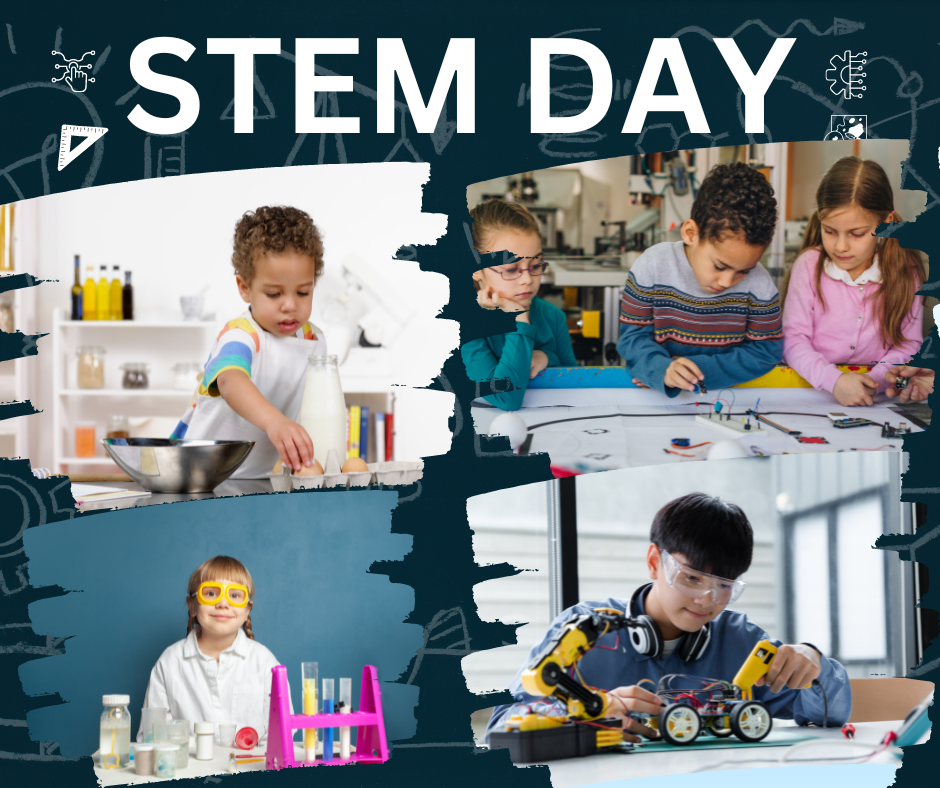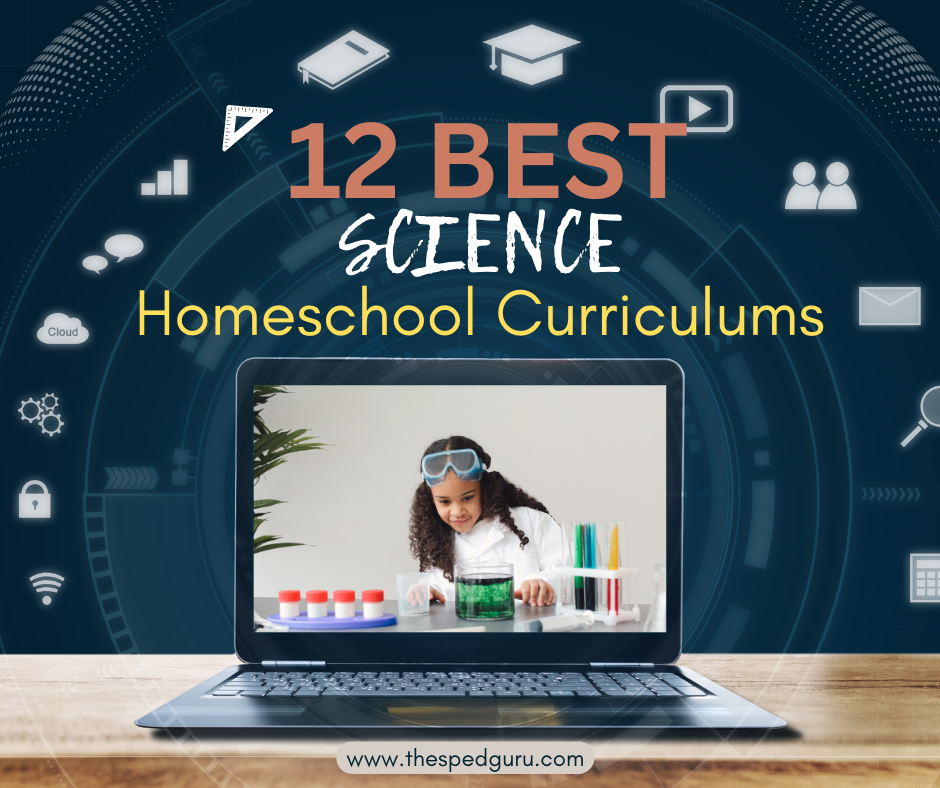Science was always my favorite subject in school k-12th grade. Science can teach children many things from learning about the earth’s environment, problem-solving, logical thinking, patience, collaboration, and many other skills.
Homeschooling is the best option when wanting to teach children about science and want to learn in their natural environment or the home.
Sure, here’s a list of 12 science homeschool curriculums that are highly regarded for teaching kids science concepts and fostering a love for learning:
- Apologia: Offers comprehensive, Christian-based science curricula with hands-on activities and textbooks for various grade levels.
- Real Science-4-Kids: Provides a complete science curriculum with a focus on chemistry, biology, physics, and astronomy for different age groups.
- Nancy Larson Science: Offers engaging science programs that include scripted lessons, hands-on activities, and interactive materials for elementary and middle school levels.
- Building Foundations of Scientific Understanding (BFSU): Emphasizes a deep understanding of fundamental scientific concepts through inquiry-based learning for grades K-8.
- Oak Meadow Science: Integrates science with other subjects, promoting holistic learning through nature studies, experiments, and exploration.
- Exploration Education: Features hands-on science kits with materials and instructions, covering topics like physical science, earth science, and biology.
- Behold and See Science: Focuses on teaching science from a Catholic perspective, integrating faith and reason into the curriculum.
- R.E.A.L. Science Odyssey: Offers secular science curriculum options with a focus on real-world application and exploration for different grade levels.
- Science Shepherd: Provides a Christian-based curriculum that covers biology and life science for middle and high school levels.
- Noeo Science: Offers literature-based science curricula with a strong focus on critical thinking, exploration, and experimentation.
- Berean Builders Science: Presents science from a creationist perspective, emphasizing a biblical worldview in the study of topics like chemistry and physics.
- Elemental Science: Provides flexible and engaging science curricula for different grade levels, with options for living books, experiments, and note booking.
Remember that the best curriculum whether it’s a Christian homeschool curriculum or one for special needs for your child will depend on their learning style, interests, and your homeschooling approach.
It’s a good idea to review samples, read reviews, and consider your child’s preferences when selecting a science curriculum.

9 reasons why science homeschooling curricula are beneficial for kids:
Science homeschooling curriculums offer several benefits for kids, which contribute to their overall education, development, and engagement. Here are some of the key advantages:
- Customized Learning: Homeschooling allows you to tailor the science curriculum to your child’s learning style, pace, and interests. This individualized approach can enhance understanding and retention of scientific concepts.
- Flexibility: Homeschooling provides the flexibility to adapt the curriculum to your family’s schedule. This means you can explore topics in-depth, take field trips, and conduct experiments without being constrained by traditional classroom hours.
- Hands-On Learning: Many homeschool science curriculums include hands-on experiments and activities. This kinesthetic learning approach helps children better grasp abstract scientific concepts by seeing and interacting with real-world examples.
- Deeper Understanding: Homeschooling allows for more time and attention to be dedicated to each topic. This can lead to a deeper understanding of scientific principles, as kids have the opportunity to explore concepts thoroughly.
- Individual Attention: In a homeschool setting, the student-to-teacher ratio is very low, often one-on-one. This personalized attention enables you to address your child’s questions and concerns more effectively.
- Curiosity and Exploration: Homeschooling encourages children to follow their curiosity and explore topics that interest them. This fosters a genuine love for learning and a lifelong curiosity about the world around them.
- Real-World Application: Homeschooling science curriculums can focus on real-world applications of scientific principles, helping kids see how science relates to their daily lives and the world they live in.
- Critical Thinking and Problem-Solving: Many homeschool science curriculums emphasize critical thinking, hypothesis testing, and problem-solving skills. This prepares kids to analyze and solve complex problems in various fields.
- Reduced Distractions: Homeschooling provides a controlled learning environment with fewer distractions compared to a traditional classroom, enabling better concentration and focus on the subject matter.
- Stronger Family Bonds: Homeschooling allows for more quality time together as a family. Engaging in science experiments, discussions, and projects can strengthen the bond between parents and children.
Overall, science homeschooling curriculums provide a dynamic and personalized approach to science education, nurturing a love for learning, fostering critical thinking skills, and enabling children to develop a solid foundation in scientific knowledge.







Nice teachings on homeschool curriculum for science. Thanks for sharing